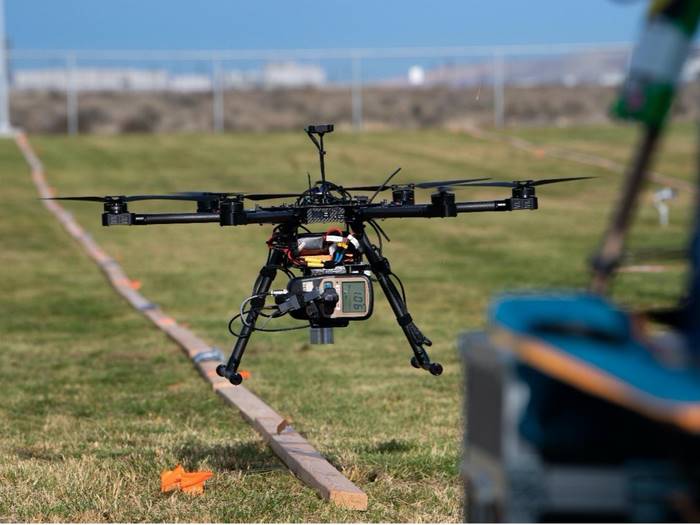Engineers at the University of Waterloo have discovered a new way to program robots to help people with dementia find medications, glasses, phones and other items they need but have lost.
And while the initial focus is on helping a specific group of people, the technology can sometimes be used by anyone who has searched high and low for something they’ve misplaced. “The long-term impact of this is really exciting,” said electrical and computer engineering researcher Dr. Ali Ayub.
“The user can engage not only with a companion robot, but also with a personal companion robot that can give them more independence.” Ayub and three colleagues were struck by the rapidly increasing number of people living with dementia, which limits brain function, causing confusion, memory loss and disability. Many of these individuals repeatedly forget the location of everyday objects, which reduces their quality of life and increases the burden on caregivers.
Engineers believed that a companion robot with its own episodic memory could be a game changer in such situations. And they managed to create a new type of artificial memory for AI. The research team started with Fetch, a mobile manipulator robot equipped with a camera to sense the world around it.
Next, they programmed the robot using an object recognition algorithm to identify, track and keep a memory log of specific objects in the camera view using recorded video. Because the robot can distinguish between objects, it can record the time and date when objects enter or leave the view.
The researchers then developed a graphical user interface that allows users to select objects they want to track and, after entering object names, search for them using a smartphone or computer.
When this happens, the robot can report when and where it last detected a certain object. Tests have shown that the system is very accurate. And while some people with dementia may be intimidated by the technology, Ayub said caregivers can easily use it. In the future, the researchers will conduct user studies on people without disabilities and then on people with dementia.






